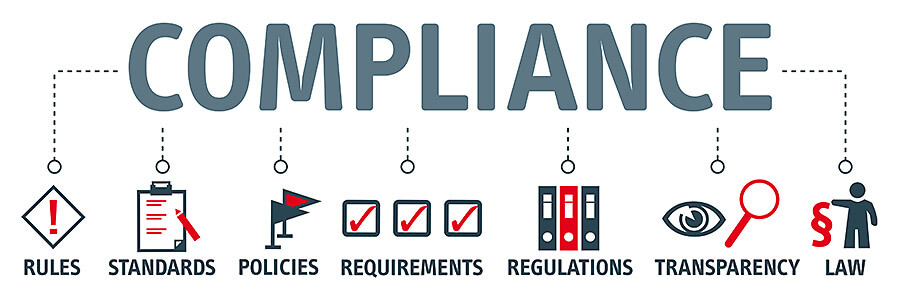Is Your Organization Remaining Nonpartisan in 2024?
Does It Need To?
In the midst of a pivotal presidential election year, nonprofit organizations find themselves at a critical juncture where civic engagement and advocacy are paramount, raising the essential question of whether they should remain nonpartisan. For entities operating under sections 501(c)(3) and 501(c)(4) of the Internal Revenue Code, this period demands a nuanced understanding of permissible activities within the bounds of their tax-exempt status.
501(c)(3) organizations are typically charitable, educational, religious, or scientific entities that enjoy tax-exempt status. They are prohibited from directly or indirectly participating in political campaigns on behalf of or in opposition to any candidate for public office. Specifically, these organizations are prohibited from endorsing or opposing candidates for public office, contributing to campaigns, or engaging in partisan activities that could influence election outcomes. Instead, they focus on nonpartisan efforts such as voter education and issue advocacy, ensuring they do not align with specific candidates.
In contrast:
501(c)(4) organizations, known as social welfare organizations, possess greater latitude in political engagement. While their primary focus remains on promoting social welfare, they can participate in political campaigns and lobbying efforts, provided that political activity does not constitute their principal purpose. This distinction allows 501(c)(4) organizations to advocate for policies and influence public opinion during election seasons without compromising their tax-exempt status.
Navigating these guidelines requires careful consideration and adherence to IRS regulations. Nonprofits must establish clear internal policies, educate stakeholders, and consult legal experts to ensure compliance with the law while effectively pursuing their missions. The IRS monitors these activities closely, underscoring the importance of transparency and adherence to maintain nonprofit integrity.
As the nation gears up for pivotal electoral decisions, nonprofit organizations serve as vital conduits for civic participation and advocacy. By understanding their roles and responsibilities under the law, these organizations can contribute meaningfully to public discourse while upholding their commitment to social welfare and community service.
For further exploration into the complexities of nonprofit activities and the essential question of whether they should remain nonpartisan, here are additional resources:
- IRS Guidance on Political Campaign Activity by 501(c)(3) Organizations: This official IRS resource outlines the specific rules and limitations that 501(c)(3) organizations must adhere to regarding political engagement. You can explore more about permissible and impermissible activities here.
- 501(c)(4) Organizations and Political Activities: Learn more about how 501(c)(4) organizations can engage in political campaigns and lobbying efforts while maintaining their tax-exempt status. Visit the IRS website for detailed information here.
- Staying Nonpartisan: Permissible Election Activities Checklist.
- Election Checklist for 501(c)(3) Public Charities.
These resources provide practical guidance for nonprofit leaders, staff, and volunteers seeking to understand their roles and responsibilities in promoting civic engagement and advocacy during presidential election cycles. Understanding these guidelines ensures that nonprofits can effectively contribute to public discourse while maintaining their tax-exempt status and organizational integrity.
If you found this article helpful, you might also like: Navigating the USPS Postal Increase with a Wink and a Smile or Multi-Channel Fundraising Integration Matters …


